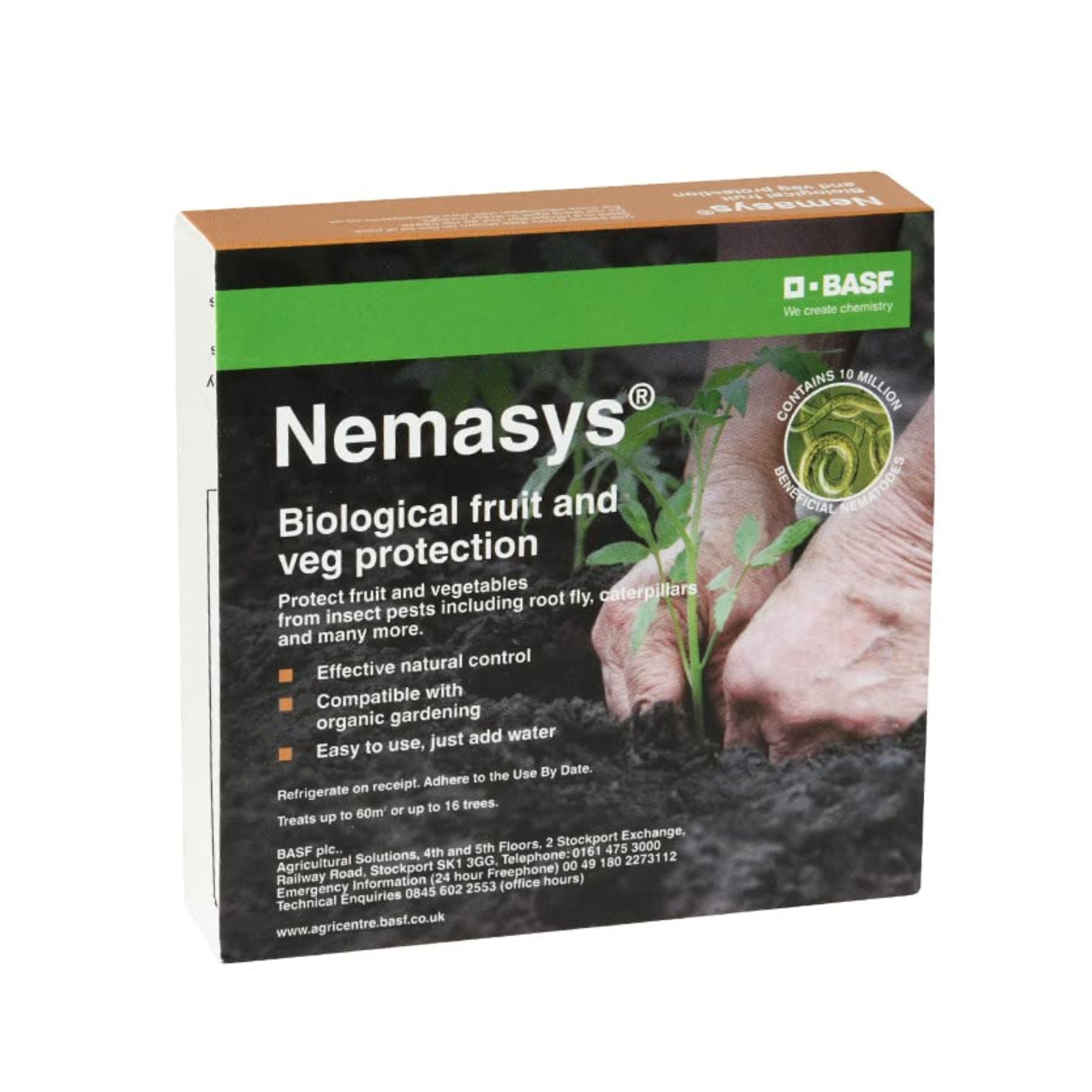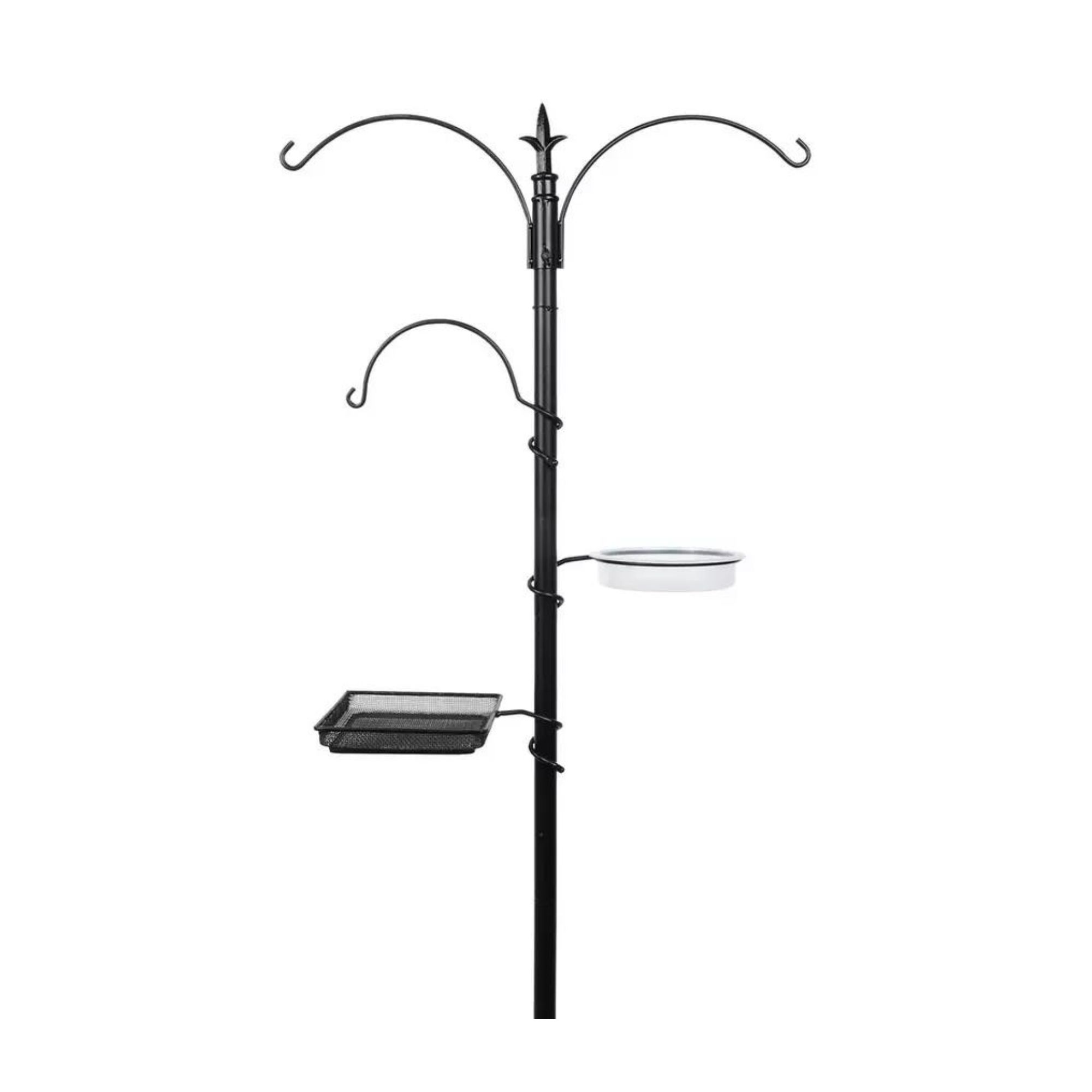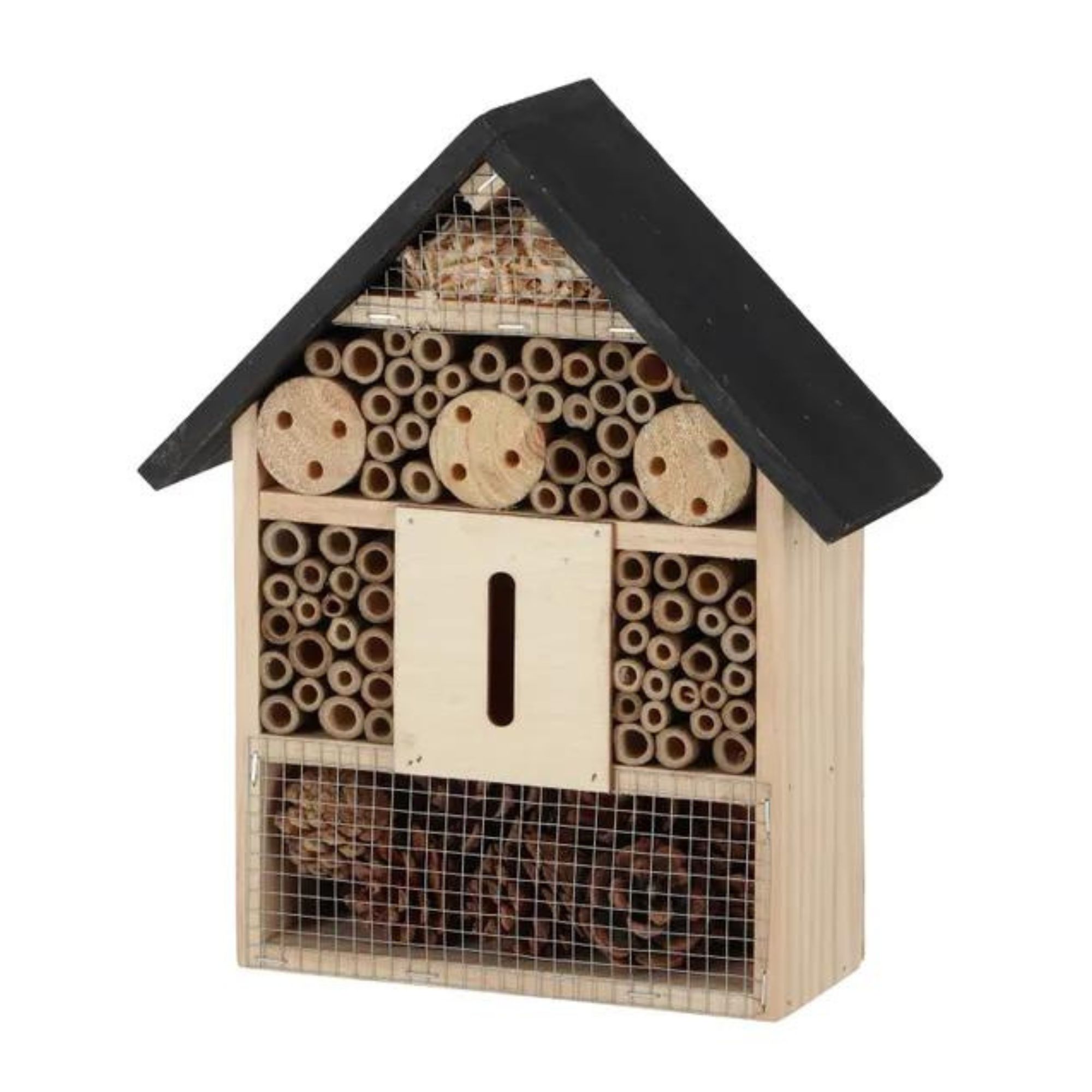How to use natural predators for garden pests and create an effective eco-system in your outside space
Natural predators are everywhere… you just need to use them to your advantage

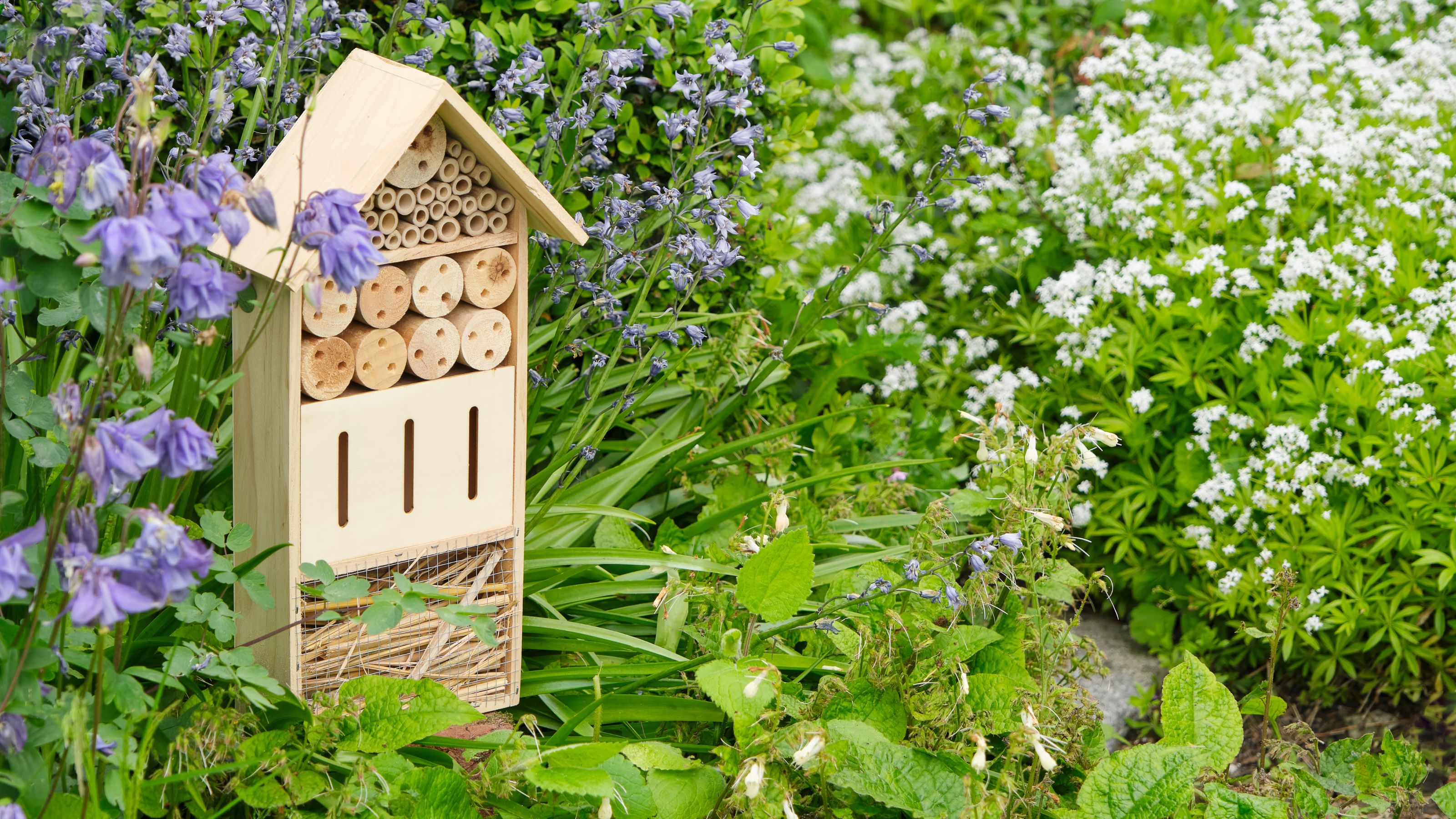
The circle of life is all about that predator/prey balance. And if you’re looking to protect your plants and produce in your garden, it’s well worth knowing how to use natural predators to get rid of garden pests.
Yes, you probably already know that there are so many garden pests you shouldn’t ignore, from the snails eating your plants to the slugs treating your vegetable patch as an all-you-can-eat buffet. While you could choose non-biological methods to manage these pests, these harmful products quickly mess up the natural ecosystem in your outside space.
As Morris Hankinson, Director of Hopes Grove Nurseries, explains, 'By far the best way to encourage natural predators to your garden is to create a biodiverse garden with an ecosystem that fully, or at least mostly, takes care of itself.' So, this is how to use natural predators to tackle garden pests.
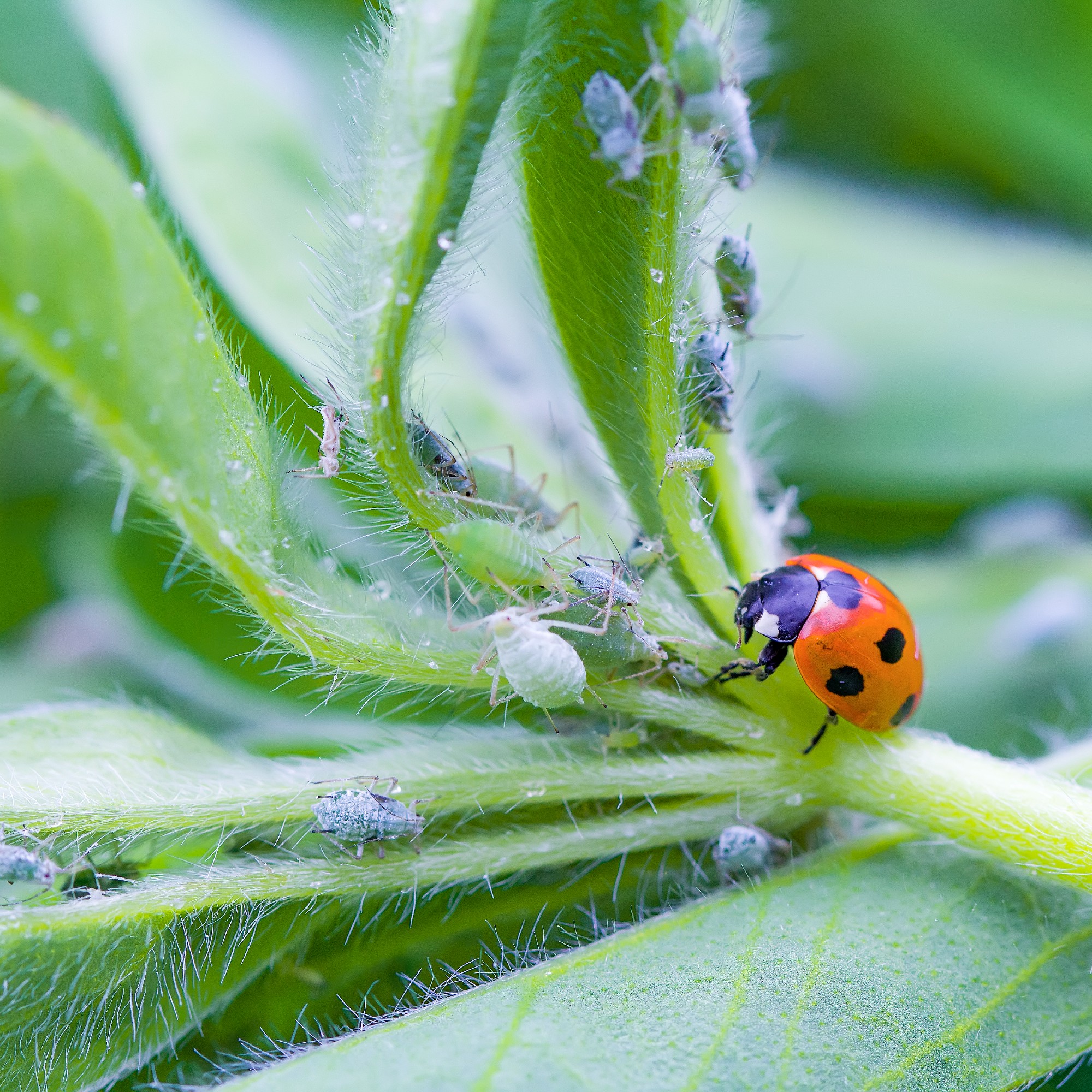
What you’ll need
Step-by-step
1. Diagnose the problem
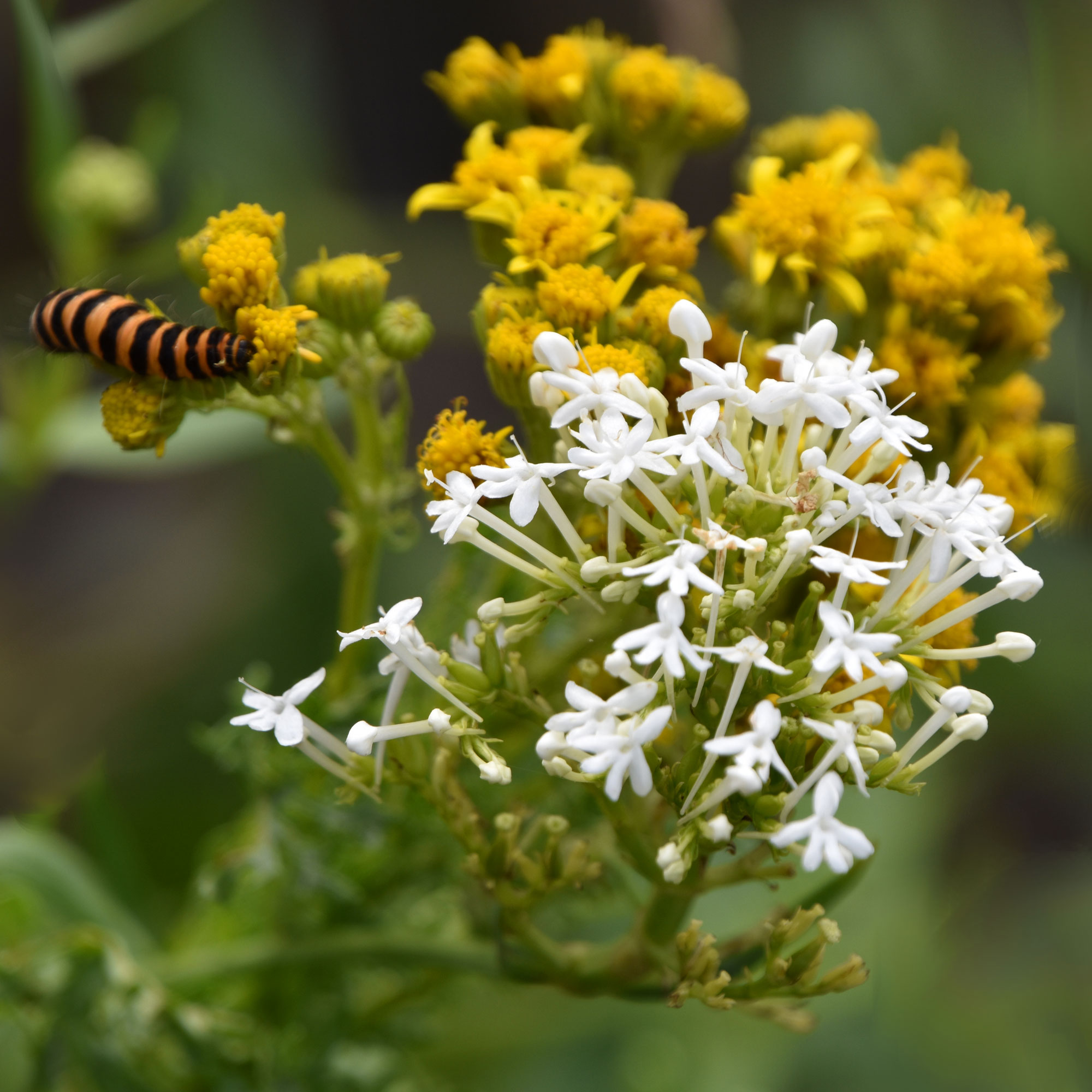
While encouraging wildlife and natural predators in your garden will always work in your favour, you need to be strategic if you’re looking to get rid of specific garden pests.
So, you first need to diagnose your problem. This is often a case of wandering around your garden and making a note of its symptoms. Are the brassicas in your vegetable garden covered in chomp marks? Can you visibly see the little critters crawling on your roses?
When you’ve spotted the problem pests, you then need to know exactly what you’re dealing with so that you can choose the right natural predators for the job. After all, the natural predator that will get rid of aphids might not necessarily stop caterpillars from eating your plants.
2. Decide which natural predators you need
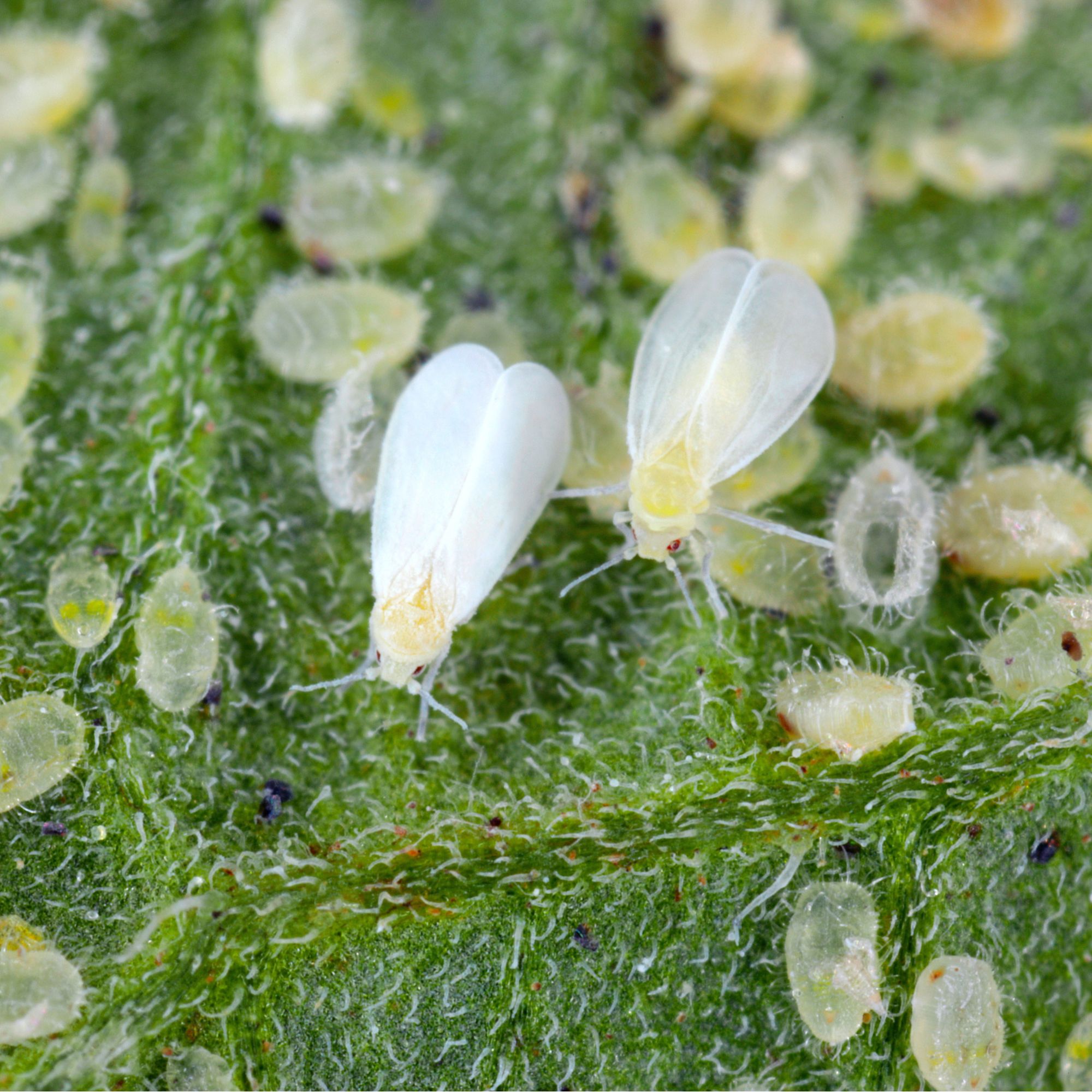
Different natural predators feast on different pests, so it’s best to understand what these predators will eat in your garden before encouraging them. Some natural predators and their prey include:
Sign up to our newsletter for style inspiration, real homes, project and garden advice and shopping know-how
- Birds: Natural predators of slugs, snails, whiteflies, spiders, caterpillars, cabbage root flies, and earwigs.
- Toads: Natural predators of spiders, worms, mosquitoes, slugs, and ants.
- Ladybirds: Natural predators of aphids, whiteflies, and mealybugs.
- Ground beetles: Natural predators of slugs, snails, caterpillars, and larvae.
- Spiders: Natural predators of ants, cockroaches, mosquitoes, aphids, and flies.
- Lacewings: Natural predators of aphids, larvae, eggs, and young caterpillars.
- Nematodes: Nematodes can be bought for countless pests. But if you’re going to use nematodes to control the pests in your garden, you’ll need to choose the right type of nematode for the job.
3. Encourage or release these natural predators
When you know which pests you want to get rid of and which natural predators will get rid of them, you can then start encouraging or releasing them into your garden. How you do this ultimately depends on the predator you want to use, but the main aim is to create a wildlife garden that will do the hard work for you. Ways to do this include:
Release nematodes - As Matthew Martin from nematode producer, Nemasys explains, ‘Nematodes are naturally occurring microscopic worms. These tiny worms attack, invade, and kill targeted species, offering advanced biological control of a wide range of pests.’ You will need to manually add nematodes to your garden, and you can do this by mixing your nematode product with water and then pouring over the pest-affected areas.
Choose the right plants - As well as planting pest-repellent plants to keep your garden free from pests, you can also choose to add plants that will encourage these natural predators. Morris says, 'Hedging and trees are essential for nesting, berries are a great food source for birds, and if you have ivy, you may see moths which bats will swoop in to eat. Everything has a place and will work together if you can create a haven for wildlife.'
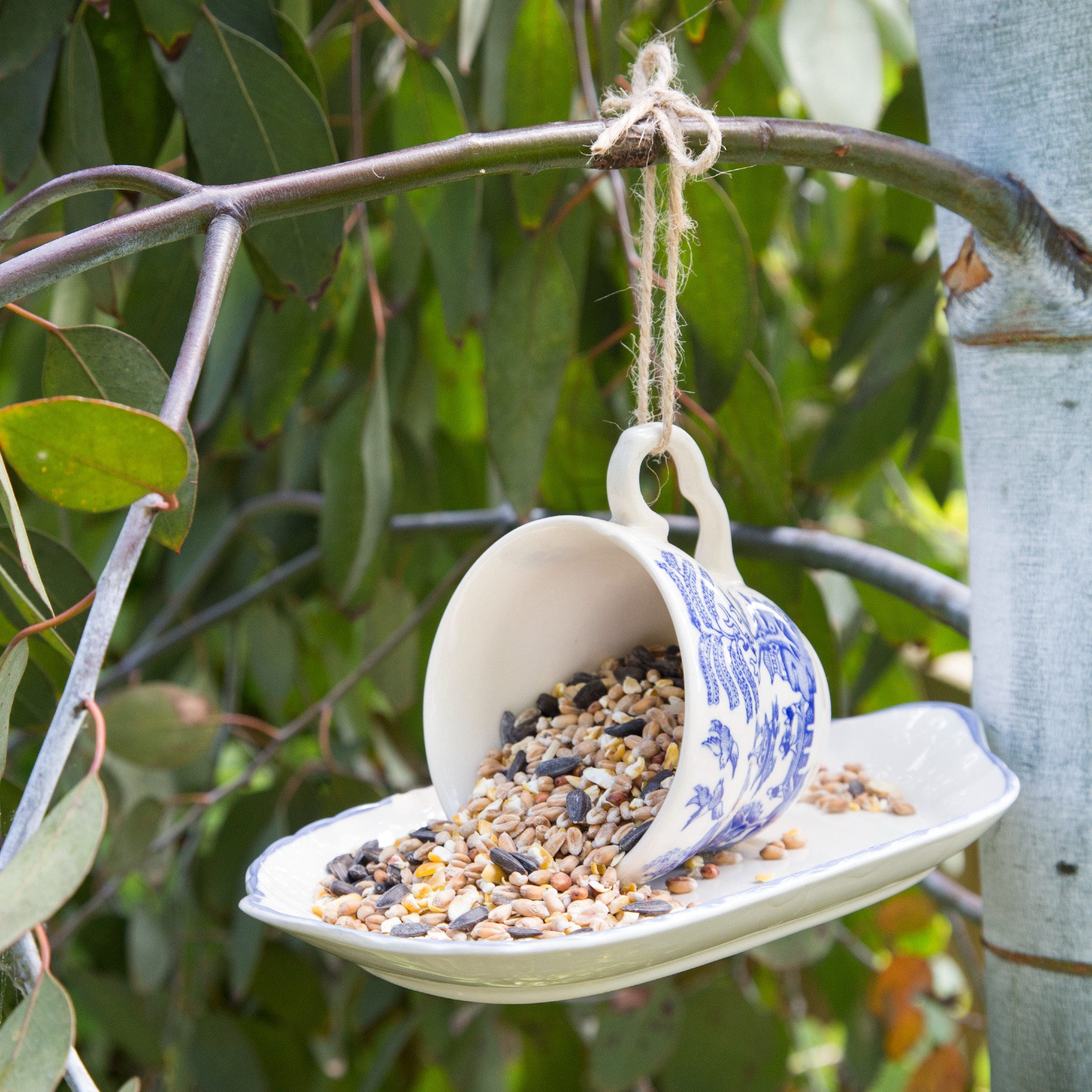
Add bird boxes and feeders: If you want to know how to attract birds that eat slugs or other garden pests, the general consensus is that you need to offer them three things: food, shelter, and water. And while the pests in your garden offer food, you should also make your garden more desirable by adding bird boxes, feeders, and baths.
Build a pond: If you’ve always loved the many pond ideas out there, building one could finally solve your pest problems. Of course, you don’t need to build a giant pond to encourage pond life if you don’t have the space or the budget. Simply filling a barrel with water and adding in some water plants can often be enough to encourage natural predators such as toads.
Create a bug hotel: Sometimes you need to encourage critters to get rid of critters, and that’s why building a bug hotel can help you get rid of pests. The dark, damp hotel with little holes is the perfect space for natural predators like spiders, beetles, ladybirds, and more.
4. Look after your garden
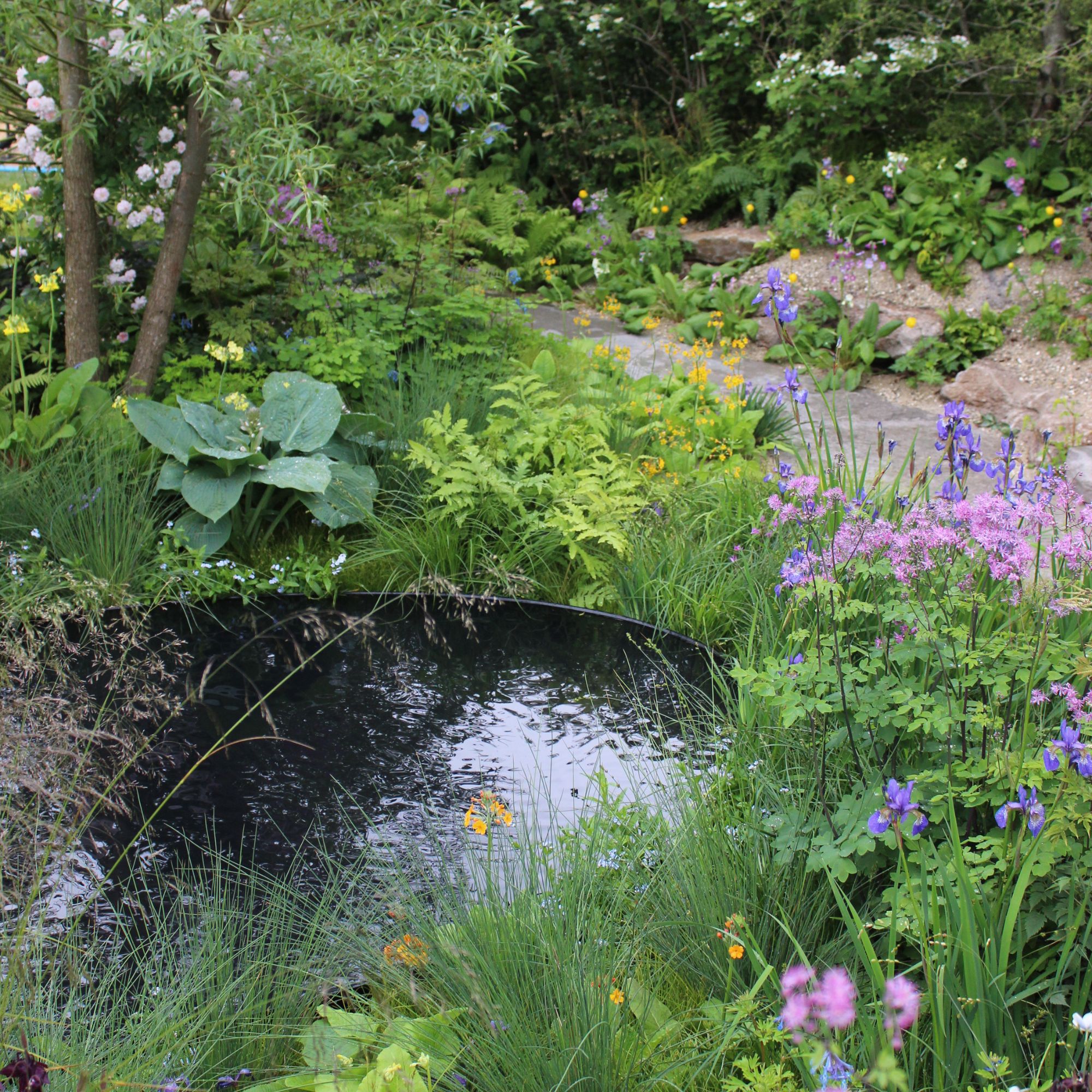
By adding the above to your garden, you should be able to use natural predators for garden pests relatively easily. But you also need to look after your garden in the process - and this involves topping up your preventative measures if needs be.
For example, you need to reapply nematodes every six weeks or so for them to be effective, and you need to get rid of pond algae if you’re going to build your own pond. Because of this, you should keep an eye on your garden during the weeks following your changes.
The idea is that you create a complete ecosystem where the natural food chain will reduce nuisance pests without harming any of the beneficial insects in your garden. If you notice things aren’t changing or seem to be getting worse, however, you may need to reassess the situation.
5. Be patient
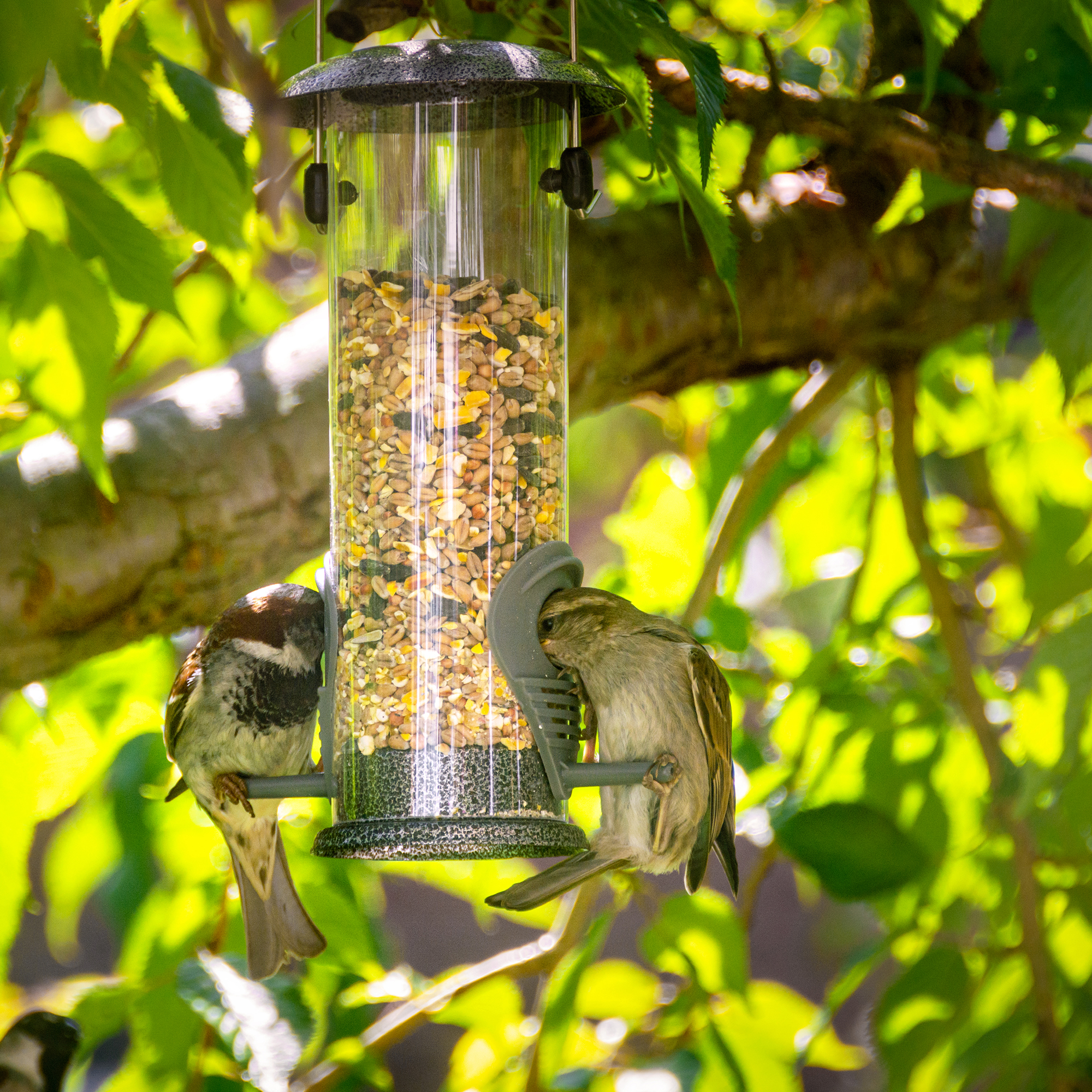
While using natural predators to get rid of the pests in your garden can be extremely effective, it’s important to understand that you won’t see changes overnight. You need to be patient, and it can take or even months to encourage wildlife - especially if you choose to do so during the winter months when many potential predators are hibernating.
In some cases, it may even take a whole year to create this new pest-free ecosystem in your garden. So, don’t be discouraged if you’re still spotting pests in your outdoor space, and avoid using anything that could harm your efforts.
As Luke Dejahang, Director and Gardening Expert at Crown Pavilions says, ‘Avoid using chemical pesticides, as they can harm beneficial predators along with the pests. Instead, opt for organic or natural pest control methods to keep predator populations healthy.’
FAQs
When should I apply nematodes to my garden?
Ideally, you should use nematodes in the spring or the autumn, as this is when they are most effective. And while you can apply nematodes to your garden during the winter or summer, it’s highly unlikely that they’ll have the effect that you were hoping for.
Matthew Martin from Nemasys also adds, ‘The product should be applied when the temperature of the soil is within the right range (usually between 5°C and 30°C, depending on nematode species) and when UV light levels are low, so ideally early in the morning or at dusk.’
However, you should always check the instructions of the specific nematodes that you’re using before making any firm decisions.
What is the use of natural enemies to control pests?
Using natural enemies and predators to control pests in your garden offers you a chance to get rid of pests without having to use potentially harmful products. By limiting your use of chemicals or non-biological controls, you can maintain a happy and healthy garden.
This will not only get rid of pests but will also help your garden’s ecosystem as a whole. These predators can also pollinate your flowers and even help you grow your own produce.
Now you know how to use natural predators for garden pests, it’s time to start putting your plans in motion.

Lauren Bradbury has been the Content Editor for the House Manual section since January 2025 but worked with the team as a freelancer for a year and a half before that. She graduated with a Bachelor’s degree in English and Creative Writing from the University of Chichester in 2016. Then, she dipped her toe into the world of content writing, primarily focusing on home content. After years of agency work, she decided to take the plunge and become a full-time freelancer for online publications, including Real Homes and Ideal Home, before taking on this permanent role. Now, she spends her days searching for the best decluttering and cleaning hacks and creating handy how-to guides for homeowners and renters alike, as well as testing vacuums as part of her role as the Ideal Home Certified Expert in Training on Vacuums, having spent over 110 hours testing different vacuum models to date!
